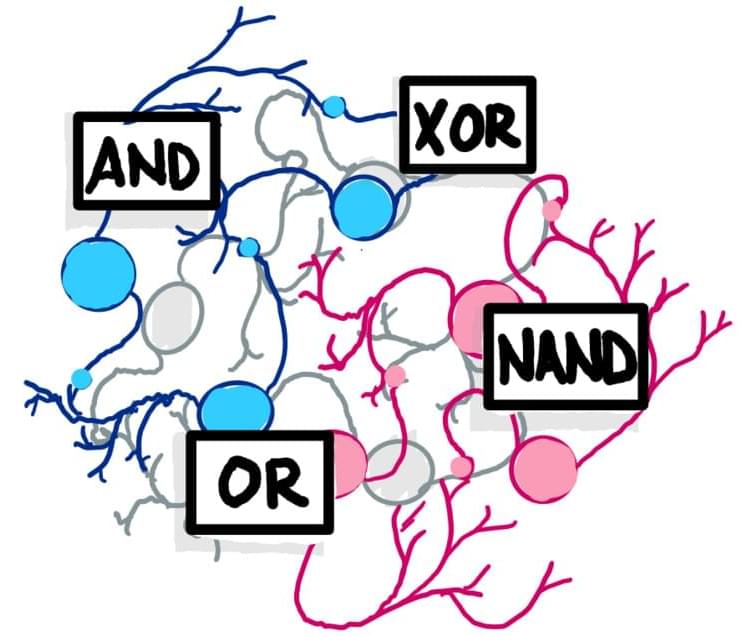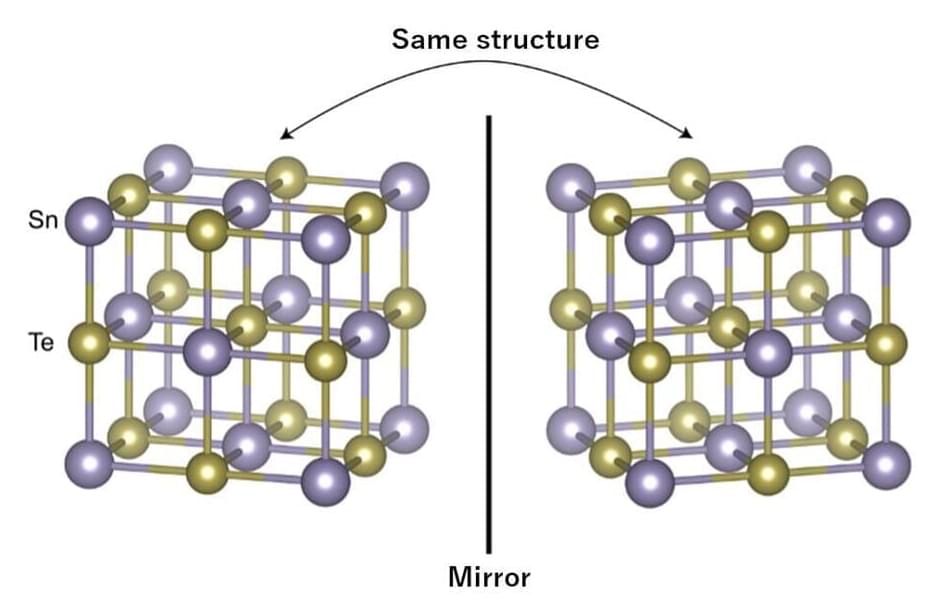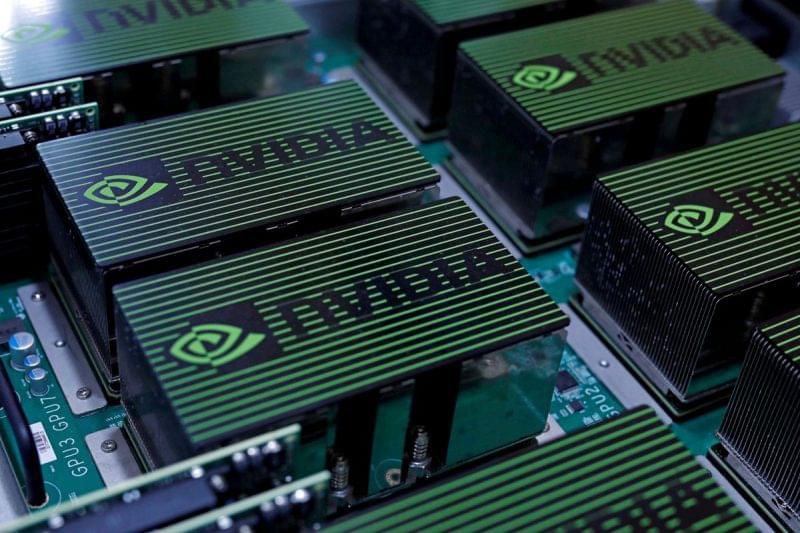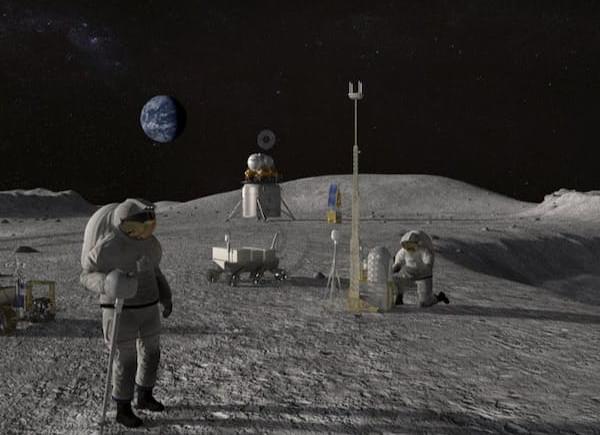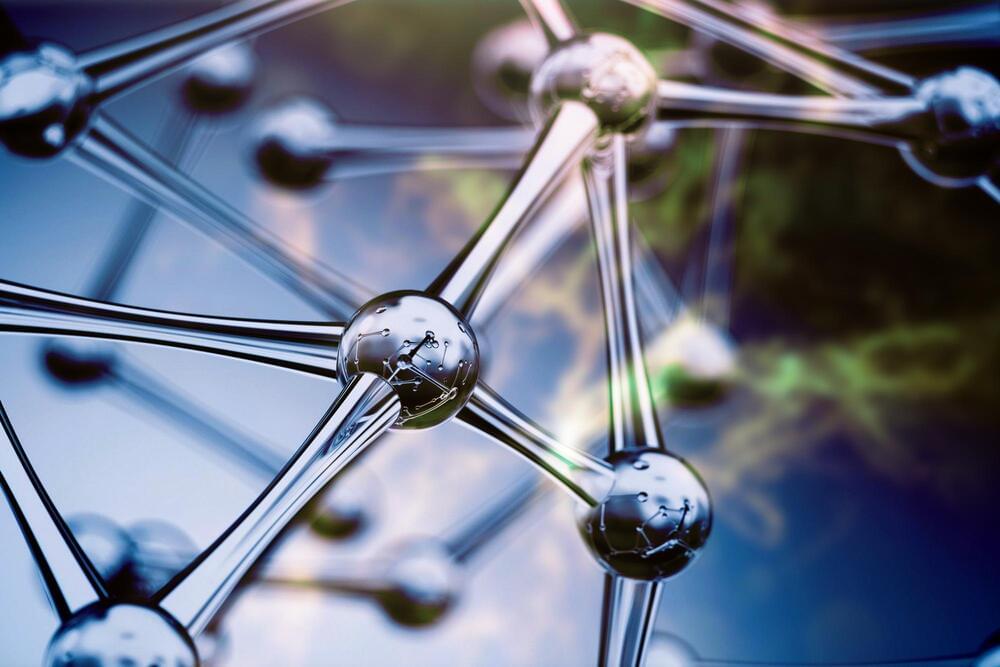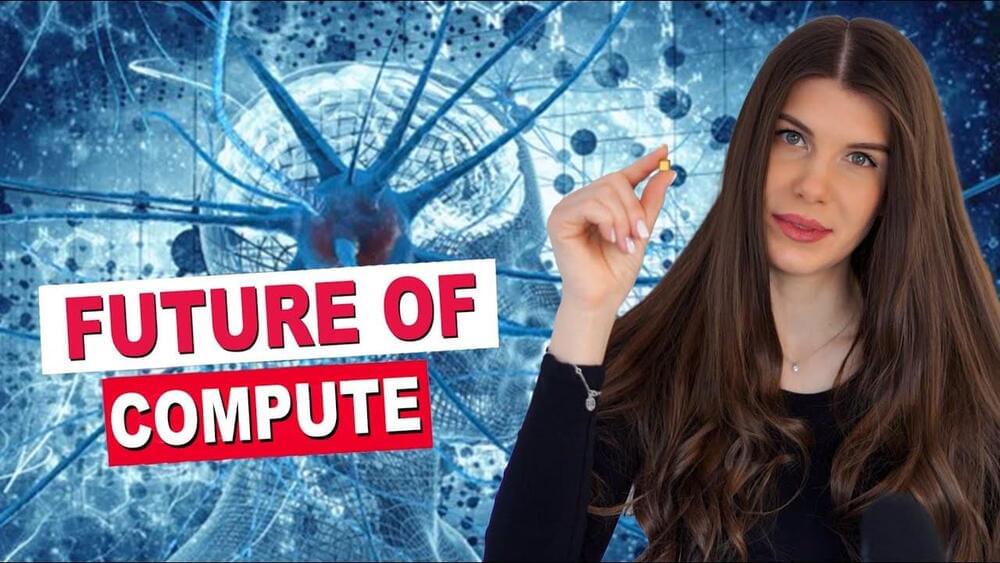Sep 13, 2022
Can we reverse engineer the brain like a computer?
Posted by Quinn Sena in categories: asteroid/comet impacts, biotech/medical, computing, existential risks, neuroscience
Circa 2019 face_with_colon_three
By Tyler Benster.
Neuroscientists have a dizzying array of methods to listen in on hundreds or even thousands of neurons in the brain and have even developed tools to manipulate the activity of individual cells. Will this unprecedented access to the brain allow us to finally crack the mystery of how it works? In 2017, Jonas and Kording published a controversial research article, “Could a Neuroscientist Understand a Microprocessor?” that argues maybe not. To make their point, the authors turn to their “model organism” of choice: a MOS 6502 processor as popularized by the Apple I, Commodore 64, and Atari Video Game System. Jonas and Kording argue that for an electrical engineer, a satisfying description of the processor would break it into modules, like an adder or subtractor, and submodules, like the transistor, to form a hierarchy of information processing. They suggest that, while popular methods from neuroscience might reveal interesting structure in the activity of the brain, researchers often use techniques that would fail to reveal a hierarchy of information processing if applied to the (presumably much simpler) computer processor.
Continue reading “Can we reverse engineer the brain like a computer?” »
